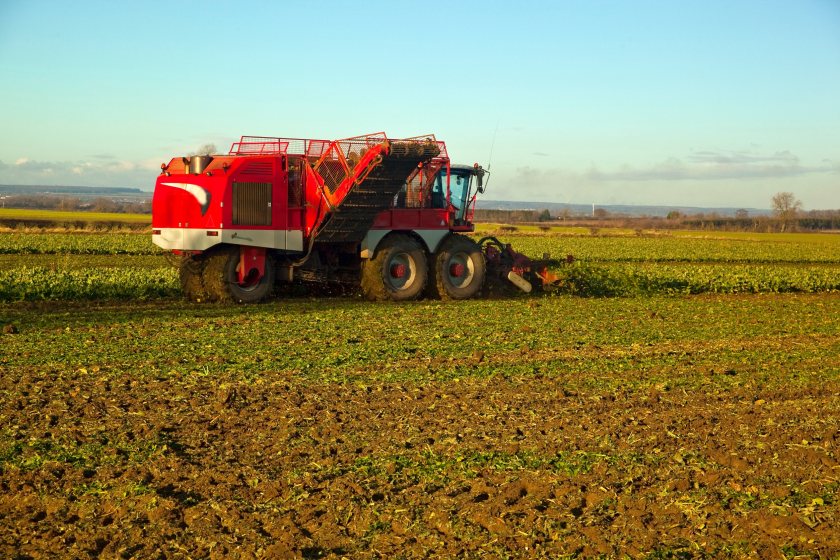Neonic seed treatment approved for use on 2024 sugar beet crop

Defra has given the green light for growers to use a neonic seed treatment on the 2024 sugar beet crop, but with stricter conditions than previous years.
Syngenta’s Cruiser SB can only be used if there is a danger, as evidenced by an independent prediction, of yellows viruses incidence of 65% or more.
If this threshold is not met, use of the product will not be permitted, the government confirmed on Thursday (18 January).
Farming Minister Mark Spencer said the decision to approve the neonic was based on 'robust scientific assessment' and the risks had been 'evaluated very carefully.'
"We recognise the damaging impact that an outbreak of beet yellow virus could have on farmer livelihoods," he said.
"We therefore regard issuing an emergency authorisation as a necessary and proportionate measure.
"The product can only be used if a threshold is met, and its use will be strictly controlled."
The threshold for neonicotinoid use has increased on previous years to the highest level it’s ever been set.
In 2023, use was approved with a virus incidence threshold of 63% or above; in 2022 the virus incidence threshold was set at 19% or above.
Even if the 2024's 65% threshold is passed, Defra said further conditions will be applied to minimise the risk to the environment.
This includes restrictions on the crops which farmers can plant in subsequent years in any field where treated seed has been used.
Farmers must also follow compliance with the stewardship scheme to treat and use seed correctly and to monitor the level of neonicotinoids in the environment.
Emerging sugar beet seedlings are vulnerable to predation from aphids that have the potential to spread beet yellows virus, which can severely affect yield and quality.
In 2020, 25% of the national sugar beet crop was lost, costing £67 million of total economic loss across an industry that creates nearly 10,000 jobs.
This year's sugar beet crop faces serious losses due to risk from aphids, with more than 50% of UK sugar stemming from domestic production.








